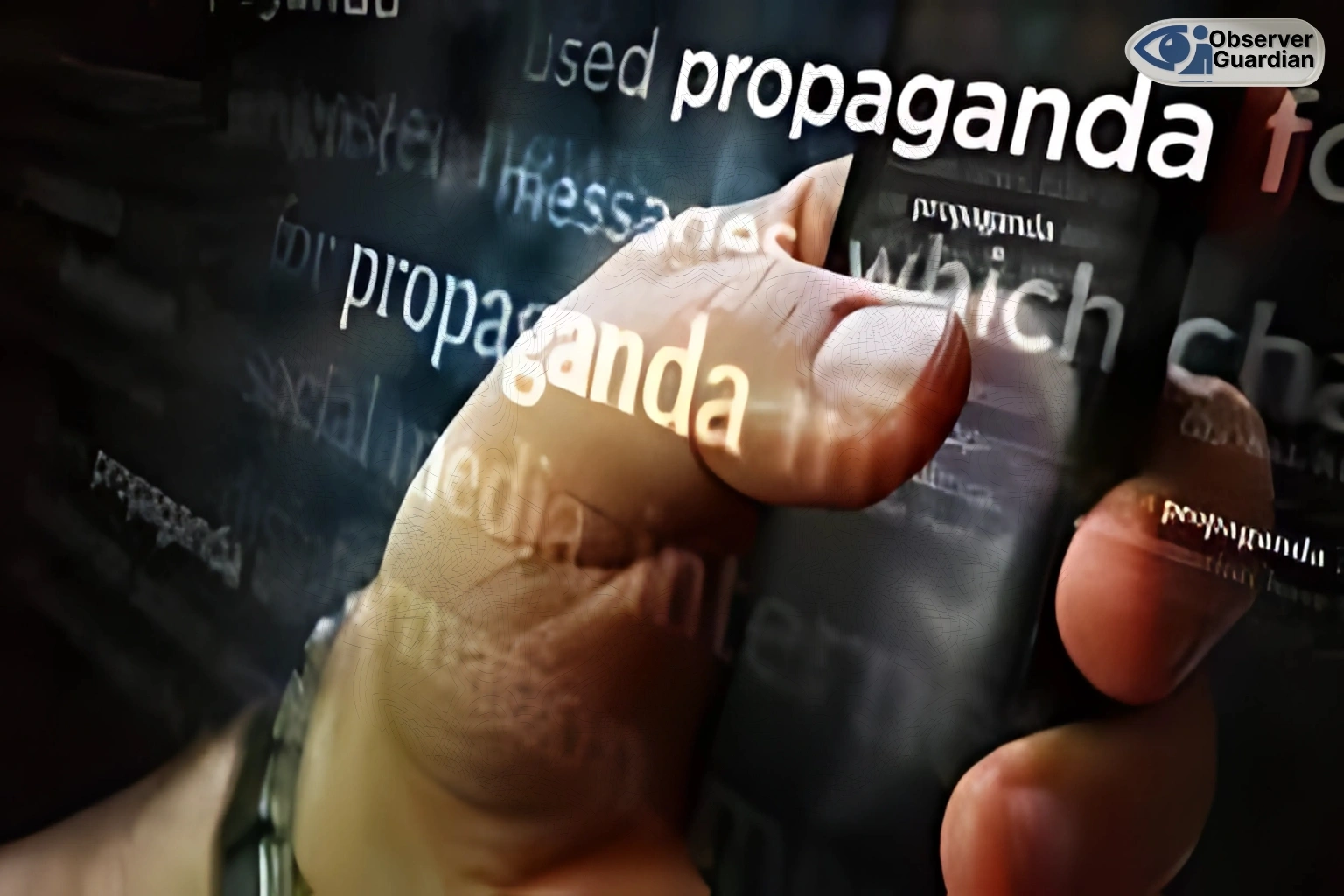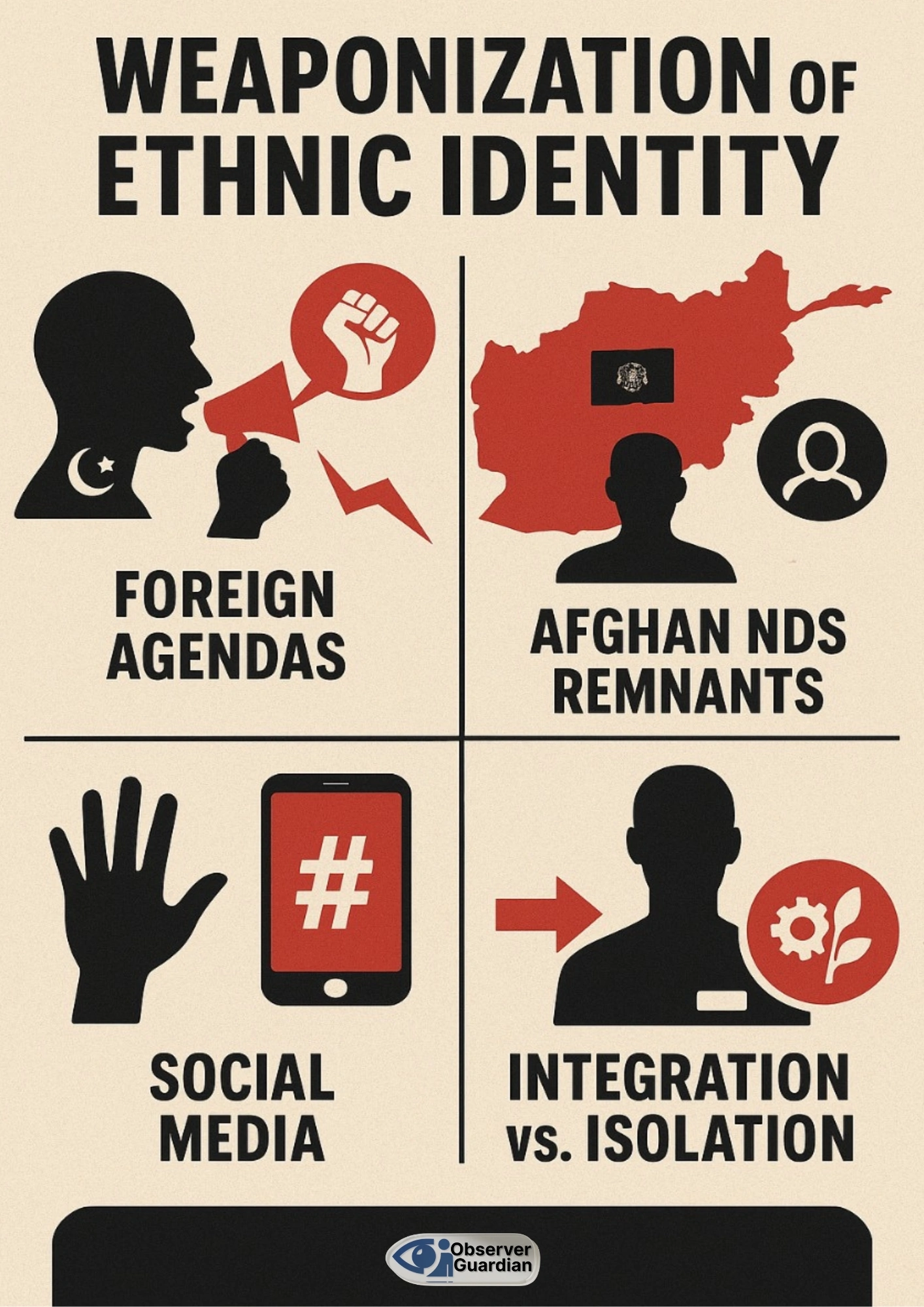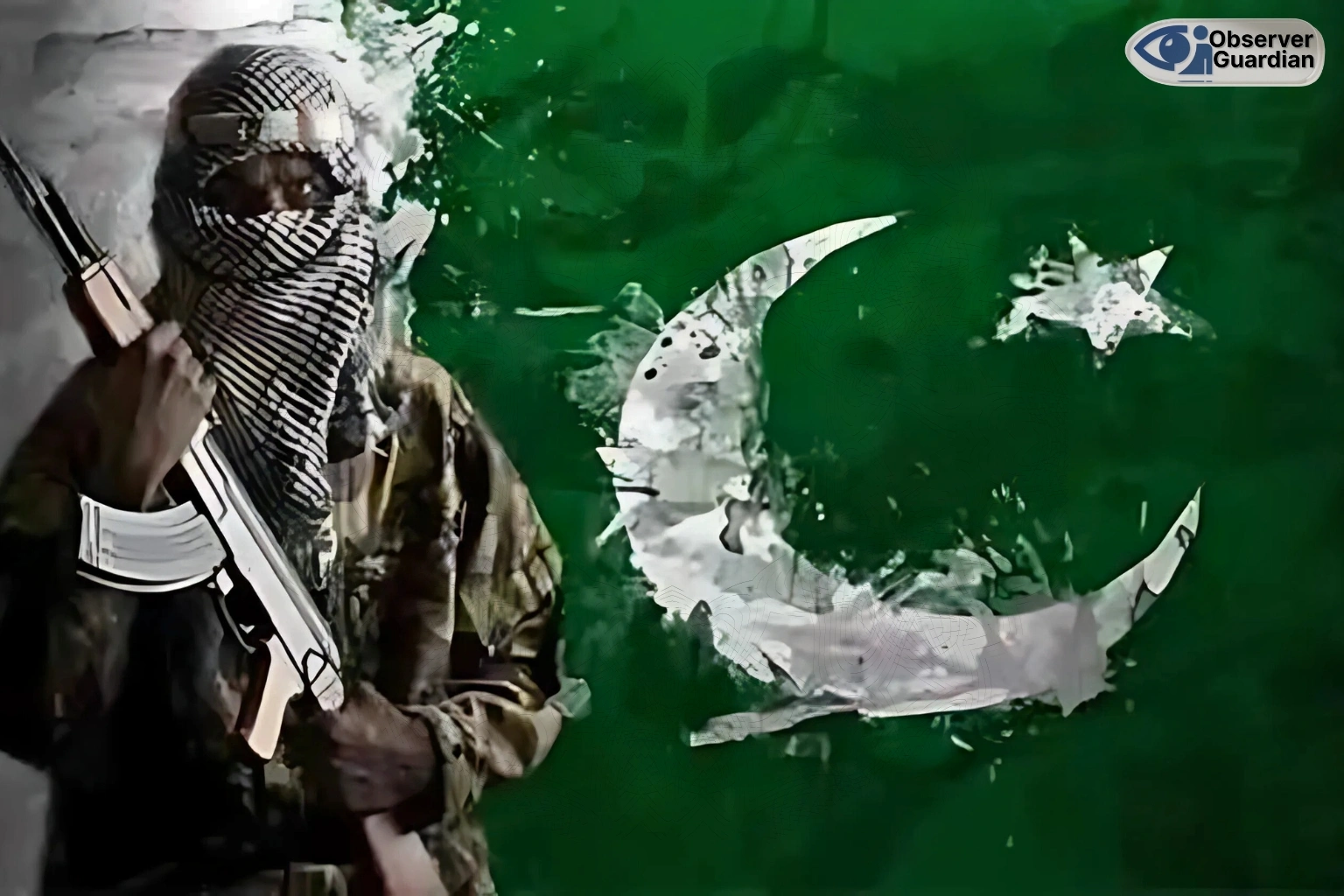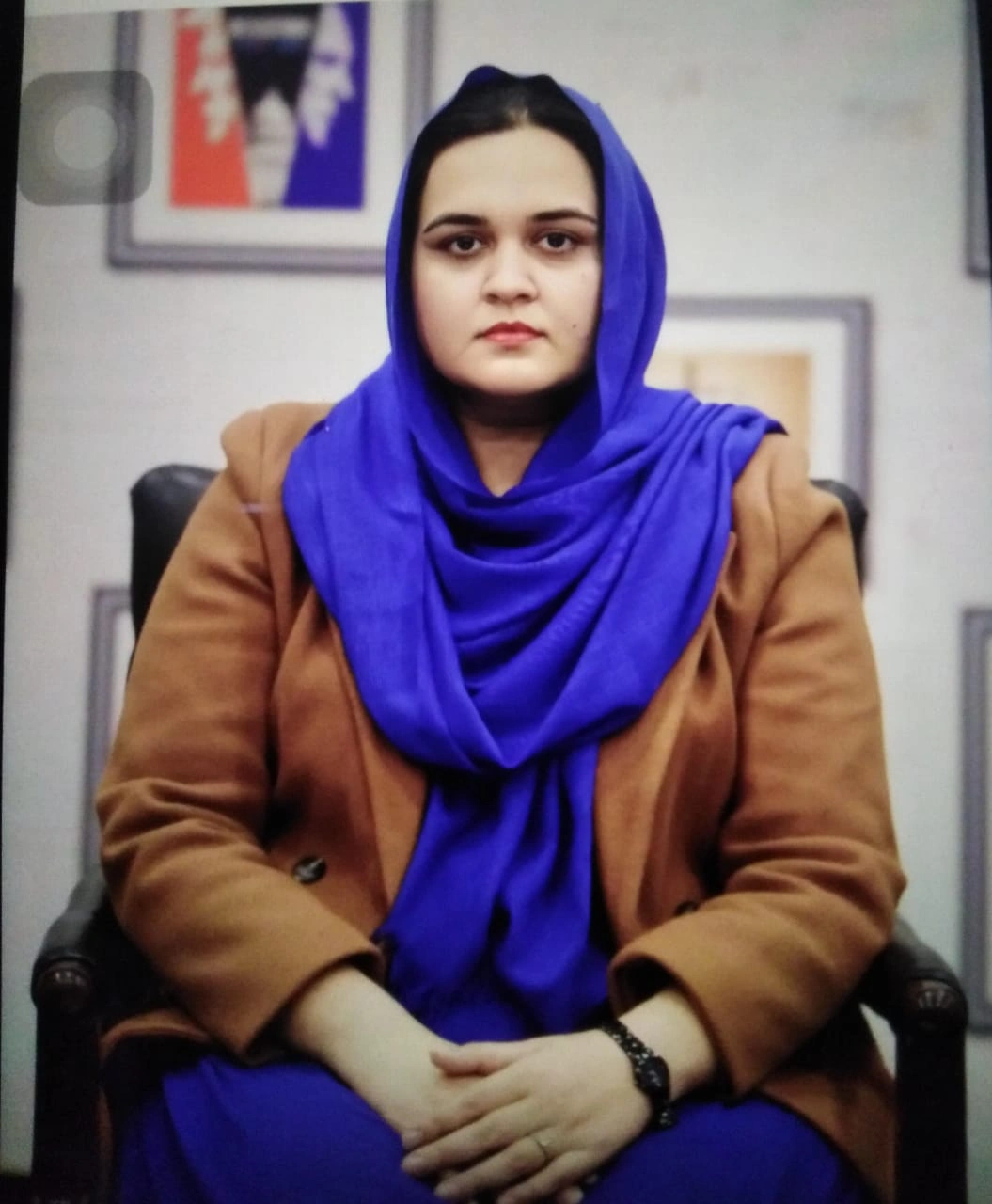Pakistan has been a victim of external conspiracies since its inception. Over time, the enemy forces have changed their strategy and tried to weaken Pakistan in various ways. A prominent weapon in recent years has been “ethnic identity.” Movements like the Pashtun Tahafuz Movement (PTM), which initially came into the dispute for civil and fundamental rights, are now being used by external forces. India’s intelligence agency RAW and elements of Afghanistan’s disbanded NDS (National Directorate of Security) are trying to spread chaos in Pakistan by politicizing the real problems of the Pashtuns. These activities are presented in the name of human rights, but it is a systematic psychological war against Pakistan.
External agenda and its strategy
Role of PTM and its transformation
The PTM initially emerged as a local movement aimed at highlighting the problems of the tribal people. It was a positive sentiment, but over time the language and narrative of the movement began to change. Now their speeches and demands resemble the old propaganda of India, especially the attempt to revive the dead ideology of “Pashtun stan.” This change is not sudden but the result of a systematic external influence.
Media houses in Kabul and New Delhi began giving unprecedented coverage to PTM. These leaders were provided platforms from where the anti-Pakistan narrative could be propagated globally. This unbalanced role of the media is equivalent to interference in Pakistan’s internal affairs.
Some international NGOs and diaspora networks, which tend to be anti-Pakistan, are providing financial and moral support to the PTM narrative. These organizations carry out propaganda against Pakistan in the name of human rights and thus try to mislead global public opinion.

NDS and RAW collaboration
The post-conflict situation in Afghanistan
After the Taliban came to power, the NDS organization apparently collapsed, but many of its secret cells are still active. According to reports of 2021, its links have been found in PTM’s digital operations and external lobbying activities. These networks continue to carry out anti-Pakistan activities from Afghanistan.
Significantly, the real problems of the Pashtun people such as education, employment and development are being linked to a separate identity narrative. This strategy is being used to harm the integration of tribal areas with Pakistan to create internal division.
India’s psychological warfare
India’s intelligence agency RAW is directly and indirectly funding PTM and other secessionist narratives. The same strategy has been adapted from Waziristan to Baluchistan to destabilize Pakistan.
The Indian media, on the one hand, portrays PTM as a “rights movement.” On the other hand, it targets Pakistan’s forces and institutions. It is interesting that the increase in the activity of PTM is often seen currently. Also, India is exerting diplomatic pressure against Pakistan in international bodies such as FATF or the United Nation.
Hash tags related to PTM are trended globally by Indian troll farms. These hash tags often distort the facts to create a negative impression of Pakistan.
The purpose of digital campaigns is to undermine public trust. Security forces are portrayed in a negative light. It creates a distance between the people and the state. This is the most dangerous aspect of psychological warfare because it directly targets national integration.

Challenges of Pakistan
Pakistan made constitutional amendments to nationalize the tribal areas (formerly FATA). In 2018, the 18th amendment of constitution of Pakistan merged FATA into KPK. There were elections, development projects and education as well as employment opportunities for youth in these areas. These are the practical steps that disprove the narrative of PTM.
Despite all these efforts, the resistance and tough attitude of the PTM is a sign that the movement has suffered an ideological deviation instead of solving problems in a democratic way. Their narrative is tilted towards external interests rather than national unity.
Suggestions and Strategies
Pakistan must focus on its national security as well as narrative defense. Positive stories in the media can help to make people aware of the truth.
Pakistan must expose these conspiracies on the world stage. The issue should be raised in forums like the United Nations and the OIC so that the world knows that the slogan of human rights is being used against Pakistan. Internal unity and national integration are Pakistan’s biggest weapon. Practical steps are needed to create harmony among different ethnic groups. Regional development projects should be expedited so that people believe that the state stands with them.
The new strategy of the hostile forces against Pakistan is to weaponize “ethnic identity”. Movements like PTM have now become instruments of external agendas. The joint efforts of India and NDS are to divide Pakistan internally, but Pakistan has weakened this narrative through tribal integration and development. What is needed now are national unity, media strategy and coordinated action at the diplomatic level. Like Kashmiris, the Pashtun people are an integral part of Pakistan’s existence and the solution to their problems lies not in separation but in national unity. Countering the enemy’s psychological warfare is possible only through unity and a reality based narrative.








